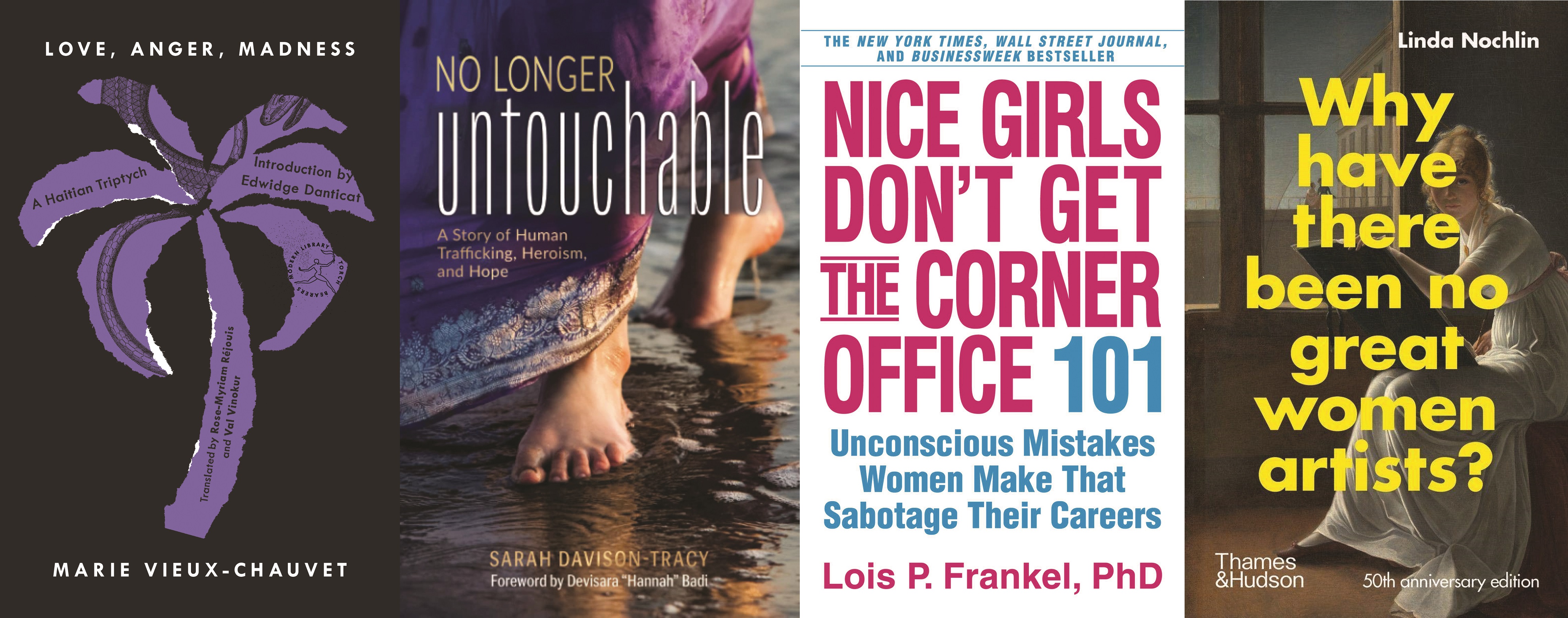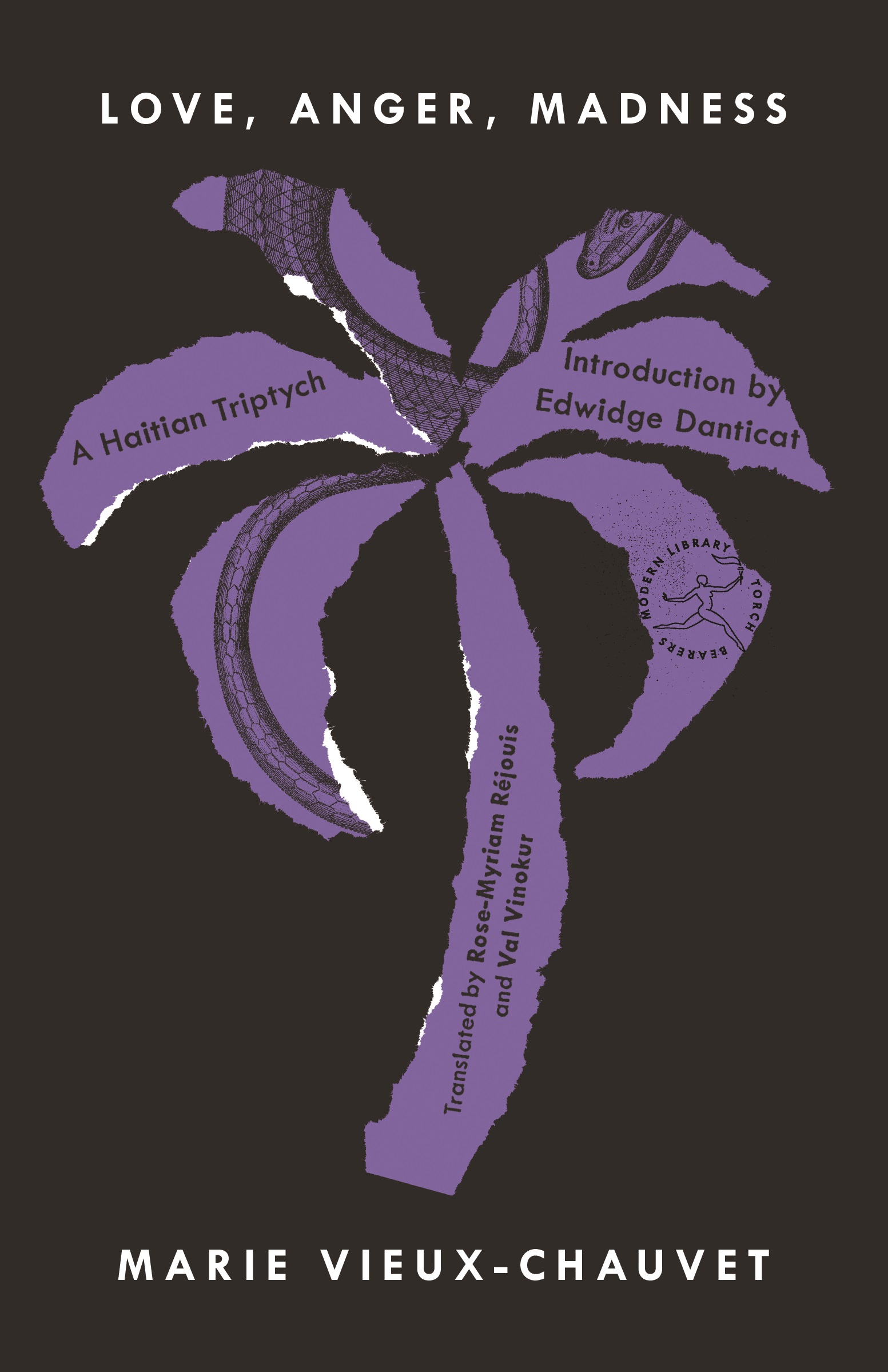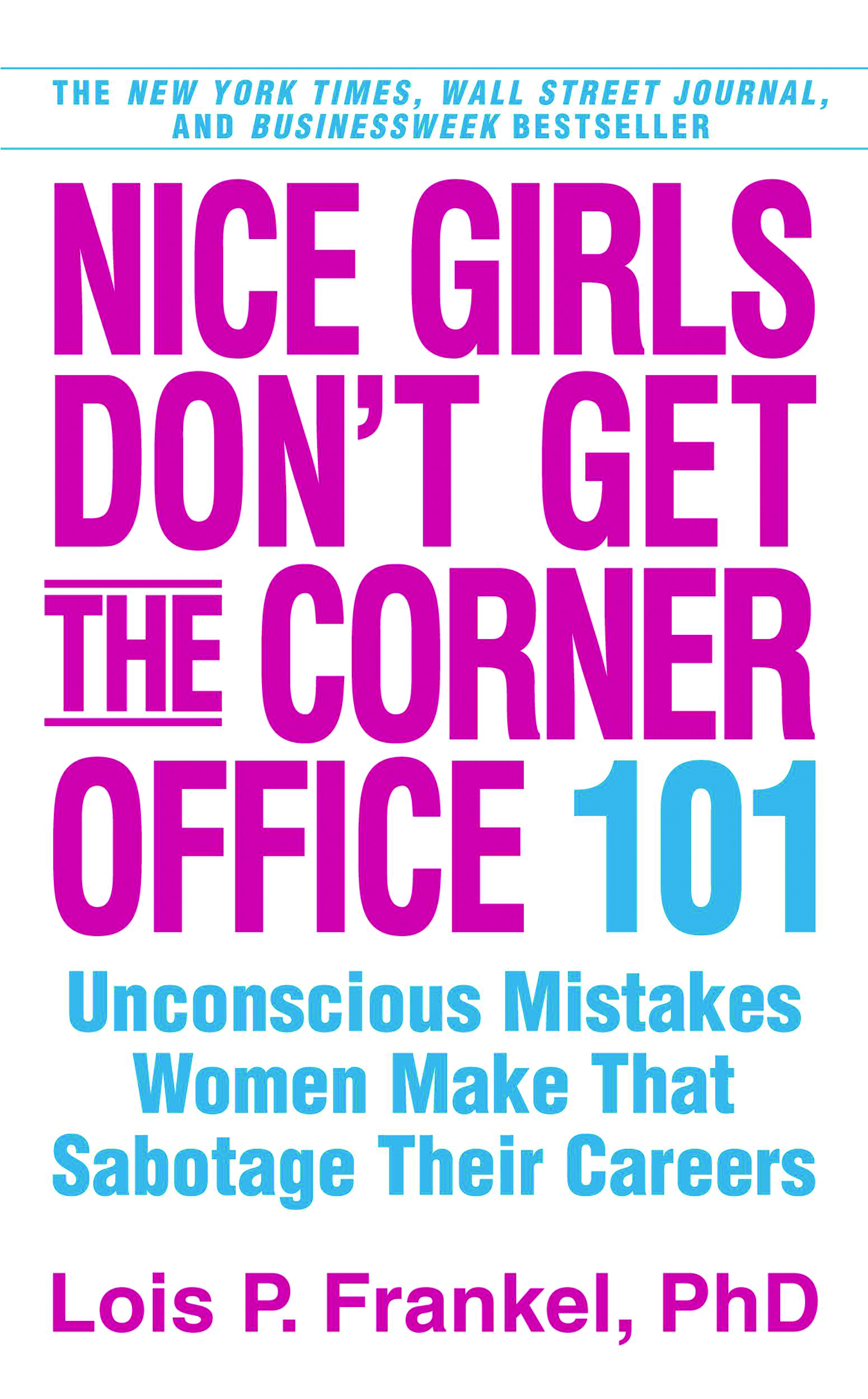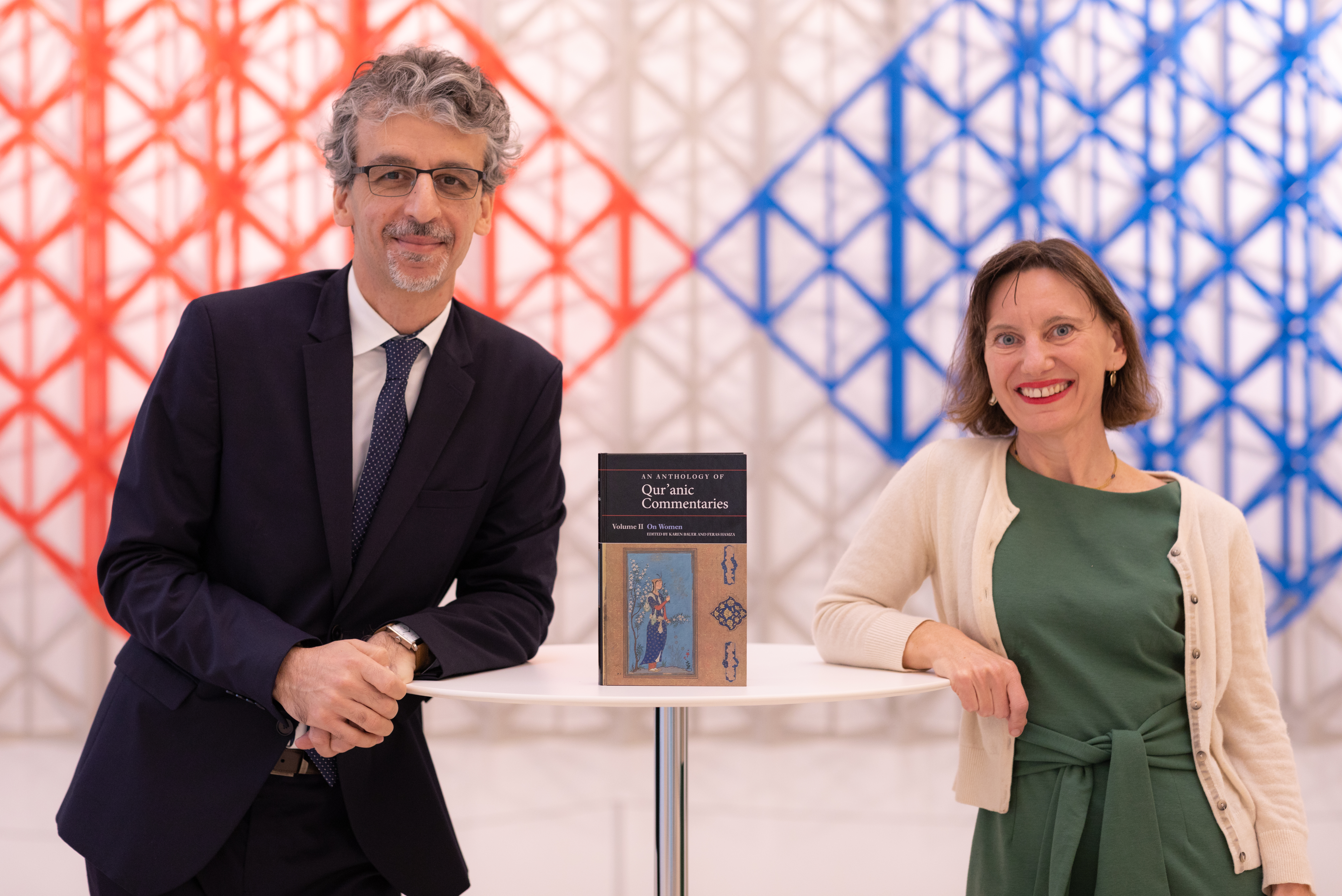Books of the Month | Month of the Books #27

“LOVE, ANGER, MADNESS: A HAITIAN TRIPTYCH”
BY MARIE VIEUX-CHAUVET

A stunning trilogy of novellas about the soul-crushing cost of life under a violent Haitian dictatorship. Originally published in 1968, Love, Anger, Madness virtually disappeared from circulation until its republication in France in 2005. Set in the barely fictionalized Haiti of “Papa Doc” Duvalier’s repressive rule, Marie Vieux-Chauvet’s writing was so powerful and so incendiary that she was forced to flee to the United States. Yet Love, Anger, Madness endures.
Claire, the narrator of Love, is the eldest of three daughters who surrenders her dreams of marriage to run the household after her parents die. Insecure about her dark skin, she fantasizes about her middle sister’s French husband, while he has an affair with the youngest sister, setting in motion a complicated family dynamic that echoes the growing chaos outside their home.
In Anger, the police terrorize a middle-class family by threatening to seize their land. The father insinuates that their only hope of salvation lies with an unspeakable act — his daughter Rose must prostitute herself — which leads to all-consuming guilt, shame, and rage.
And finally, Madness paints a terrifying portrait of a Haitian village that has been ravaged by militants. René, a young poet, is trapped in his family’s house for days with no food and becomes obsessed with the souls of the dead that surround him.
ABOUT THE AUTHOR
Marie Vieux-Chauvet, a seminal writer of post-occupation Haiti, was born in Port-au-Prince in 1916 and died in New York in 1973. She is the author of five novels, including Dance on the Volcano, Fonds des Nègres, Fille d’Haiti, and Les Rapaces.
“NO LONGER UNTOUCHABLE”
BY SARAH DAVISON-TRACY
Millions of people are victims of modern slavery.
One in four of those victims are children.
Snatched from their homes and sold by strangers, friends, and even family members, 15,000 women and 5,000 girls are trafficked out of Nepal each year. Many are forced to become sex slaves before they reach the age of ten. Once sold to a brothel, it is nearly impossible to leave alive.
In No Longer Untouchable, Devisara “Hannah” Badi and her sisters bring you into this appalling reality as they tell their stories. As part of Nepal’s Badi community, they are considered by many the worthless dust of Nepal, the untouchables of the untouchables. With that lowly caste status comes extreme poverty; a lack of basic rights, including education and citizenship; and a life of prostitution.
Four of the storytellers were trafficked — lied to, coerced, drugged, kidnapped, and sold to brothels. Their stories are both horrifying and hopeful, as each escapes captivity and rejects her untouchable status. They have overcome unimaginable odds to survive, and today they are bravely fighting to bring freedom, hope, and love into the darkest corners of the world.
ABOUT THE AUTHOR
Whether traveling the globe or nestled in the backyard of her home in Colorado with her renaissance-man of a husband and two beloved children, Sarah Davison-Tracy is an impassioned human rights advocate, author, speaker, founder of Seeds of Exchange (SeedsofExchange.org) and Rooted and Beloved (RootedandBeloved.org). Sarah seeks to ignite fierce love, connection, and justice so the people of the world are fueled by an unstoppable commitment to the well-being of one another. She believes with all her heart that she is on the planet to love. To love God and to love her sisters and brothers. To be love and to be loved.
Having published three books, including Live Ablaze: And Light Up the World; Soulfully Ablaze: A 40-Day Journey to Light Up Your Life (And the World); and No Longer Untouchable: A Story of Human Trafficking, Heroism, and Hope, she plans to publish her fourth book in February, 2023.
“NICE GIRLS DON’T GET THE CORNER OFFICE”
BY LOIS P. FRANKEL. PHD

If you work nonstop without a break, worry about offending others and back down too easily, explain too much when asked for information, or “poll” your friends and colleagues before making a decision, chances are you have been bypassed for promotions and ignored when you expressed your ideas. Although you may not be aware of it, girlish behaviors such as these are sabotaging your career!
Dr. Lois Frankel reveals why some women roar ahead in their careers while others stagnate. She’s spotted a unique set of behaviors — 101 in all — that women learn in girlhood that sabotage them as adults. Now, in this groundbreaking guide, she helps you eliminate these unconscious mistakes that could be holding you back, and offers invaluable coaching tips you can easily incorporate into your social and business skills. If you recognize and change the behaviors that say “girl” not “woman”, the results will pay off in career opportunities you never thought possible, and in an image that identifies you as someone with the power and know-how to occupy the corner office.
ABOUT THE AUTHOR
Lois P. Frankel holds a Ph.D. in psychology from the University of Southern California. She used to work in human resources at a Fortune 10 oil company. She is currently the president of Corporate Coaching International and a sought-after speaker. Her works include Nice Girls Don’t Get the Corner Office, Nice Girls Don’t Get Rich, and See Jane Lead. She is the founder of MOSTE: Motivating Our Students Through Experience, which is a non-profit organization that provides mentors and scholarships to at-risk, inner-city middle school girls. She received Maybelline’s Women of Achievement award for her work empowering girls through education.
“WHY HAVE THERE BEEN NO GREAT WOMEN ARTISTS?”
BY LINDA NOCHLIN

This is a 1971 essay by American art historian Linda Nochlin. It was praised for its new slant on feminist art history and theory, and examining the institutional obstacles that prevent women from succeeding in the arts.
In this essay, Nochlin explores the institutional — as opposed to the individual —obstacles that have prevented women in the West from succeeding in the arts. She divides her argument into several sections, the first of which takes on the assumptions implicit in the essay’s title, followed by “The Question of the Nude,” “The Lady’s Accomplishment,” “Successes,” and “Rosa Bonheur”. In her conclusion, she states: “I have tried to deal with one of the perennial questions used to challenge women’s demand for true, rather than token, equality by examining the whole erroneous intellectual substructure upon which the question Why have there been no great women artists? is based; by questioning the validity of the formulation of so-called problems in general and the ‘problem’ of women specifically; and then, by probing some of the limitations of the discipline of art history itself.”
The essay has also served as an important impetus for the rediscovery of women artists, followed as it was by the exhibition Women Artists: 1550-1950.
The essay’s title and content have inspired a number of essays and publications about the absence of women in certain professional fields, such as Why Are There No Great Women Chefs? by Charlotte Druckman (2010). In 1989 an exhibition was held to increase visibility for women artists entitled Women’s Work: the Montana Women’s Centennial Art Survey Exhibition 1889-1989, inspired by Nochlin’s groundbreaking contribution.
ABOUT THE AUTHOR
Linda Nochlin (1931–2017) was an American art historian, Lila Acheson Wallace Professor Emerita of Modern Art at New York University Institute of Fine Arts, and writer. As a prominent feminist art historian, she became well known for her pioneering 1971 article Why Have There Been No Great Women Artists? published by ARTnews.




.jpg)

.jpg)



